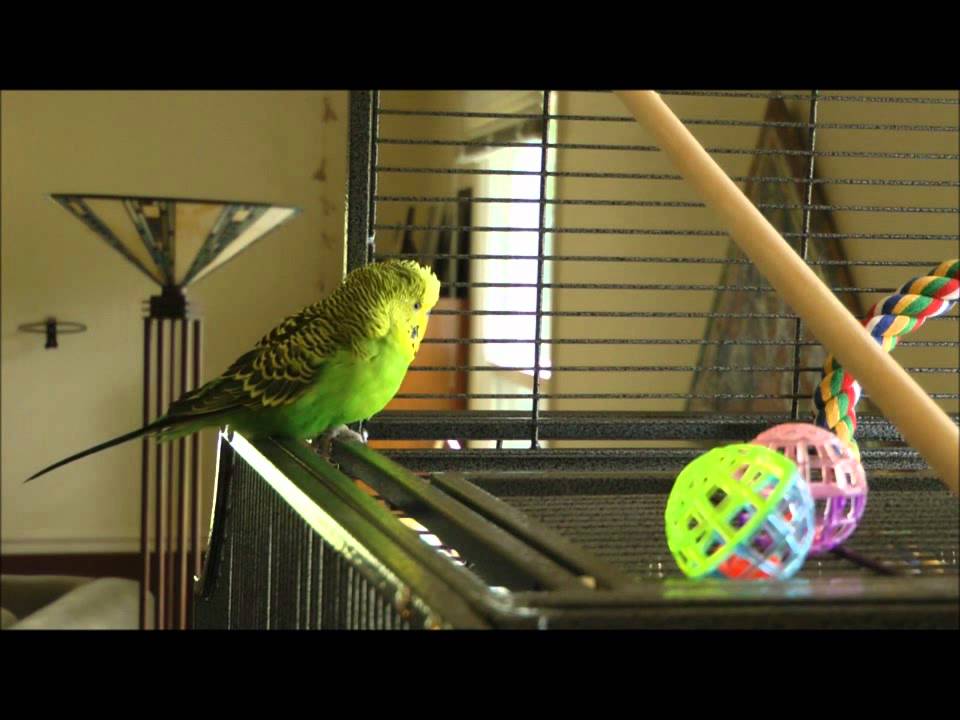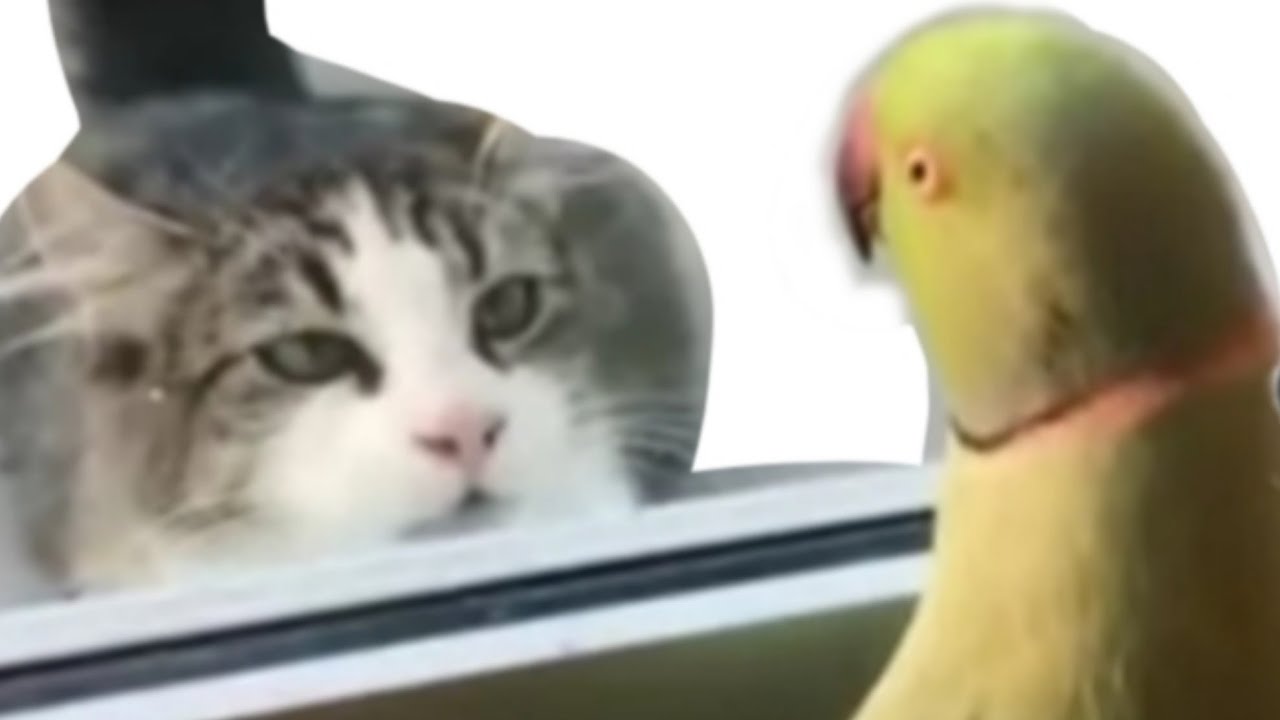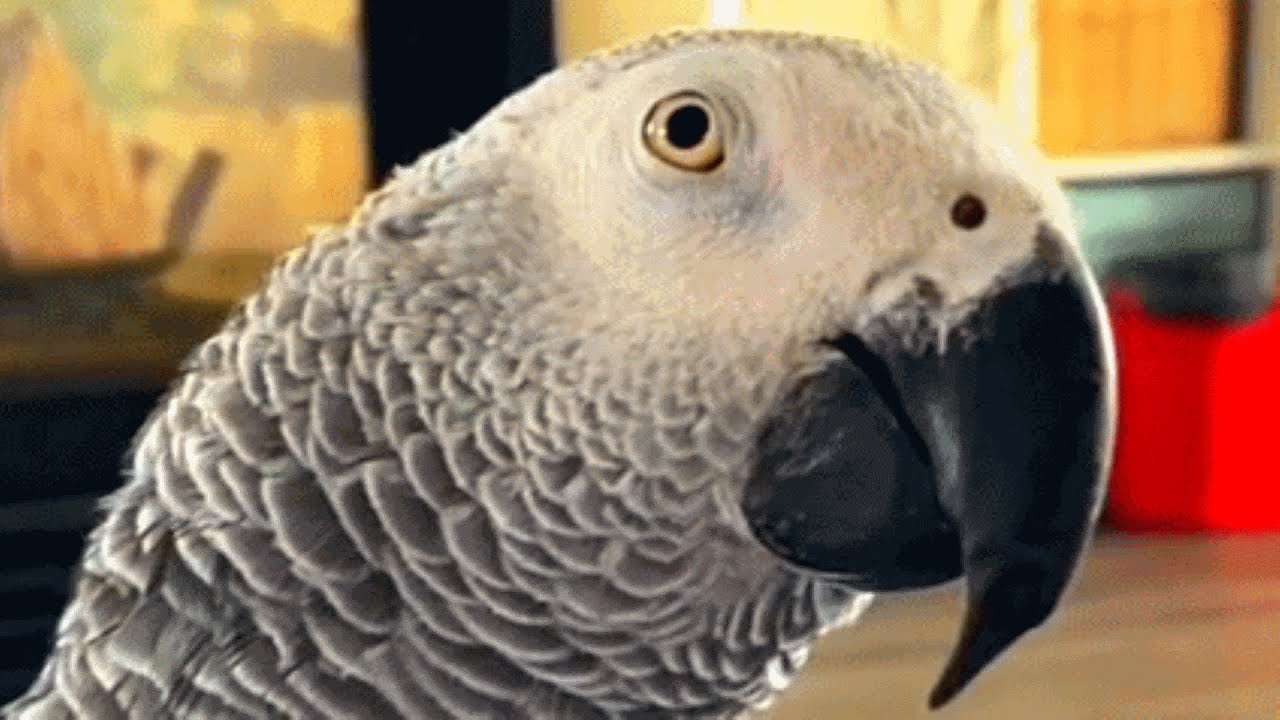Repeat the Ending, by @kamineko
Last summer, Drew Cook interviewed me on his blog Gold Machine, and I had a great time talking about myself and my games. At the end of the interview, I threatened to turn the tables on him when he published his first game. Well, the time of reckoning has arrived, with Drew’s first game in Spring Thing. So we had a talk about the game, which I tested several times over the last year. There aren’t any major spoilers in the discussion, but of course it’s impossible to talk about a game without discussing what it’s about and its major themes.
Amanda: Hey Drew! Thanks for chatting with me about your first game, Repeat the Ending . We are both of a certain age, and we’re both latecomers to writing IF. You are an avid player of older IF on your blog, Gold Machine, and you’ve been writing critically about and thinking about IF for a while now. What finally got you to write your own game, and how was the experience, coming from the position of such a long-time player/reviewer?
Drew: I’m excited to be doing this! Thanks for asking.
The main thing that pushed me to write an Inform 7 game was the realization that I could probably do it! I would sometimes read the requests for I7 help on the forum here, and I realized that some of the answers made sense to me. Accessibility of the toolset was a major factor. I had always wanted to make an IF game, I just hadn’t realized that I might be able to learn how.
The second factor was–and this is usually hard for me–having something worth writing about. I had a story in mind that I thought would work well in an interactive medium.
I got a lot of help here on the forum, and I enjoyed learning I7. I approached writing IF the way I would write a poetry collection, since that is something that I’ve been trained to do. So far as writing criticism goes, I know it was helpful for me to have experience playing games an analytical way. Since my critical focus is narrative and textual analysis, I brought those experiences to bear in a game that really emphasizes narrative. At least, I hope that’s something Repeat the Ending does!
Both my experiences as a critic as well as my experiences with poetry helped me write in an iterative way. I would say that my approach has been writing from the center out; unpeeling an onion, if that makes sense.
Amanda: I read your blog pretty regularly, so it was very obvious to me that your immersion in the Infocom games of the 80s-- the seminal IF for most of our generation-- played a big part in your thoughts on RtE. Your game’s premise is that it’s an older game, rediscovered and annotated by an unknown critic. This brings a postmodern zip to the project: an interplay between author, pretend version of author, and the critic, who is of course also the author. And it invites the audience to participate in this critical endeavor, which often vacillates between academic criticism of the kind you regularly do, and mean, personal criticism. Would you agree with this assessment? Can you comment on this a little, and how you decided to structure the narrative this way?
Drew: That does sound right to me. “Criticism” is definitely one of the things I wanted to explore in terms of both the private and the public. I think that even some of the negative criticism in the “Reader’s Companion to Repeat the Ending”–one critic repeatedly calls “Drew Cook” (not me, some other Drew Cook) sanist, classist, or even misogynist–is still wish fulfillment for him, who wants to seen, for his story to be heard.
You’re right about the reader, too. Since the criticism often contradicts, I wanted to put the reader in the middle of that and invite them to draw their own conclusions. Should we believe these critics? Should we even believe “Drew Cook”? I wanted players to have the last word, to be the final critical authority.
How did it come about? I really do write in an iterative way. I started with the core story, which was a lot of effort for me to build. The tutorial was lacking and didn’t really fit the game. I believe it was you who said that I should do the tutorial in a specific, in-game voice. And that was the start of the footnotes! Soon, it was a “critical edition” with multiple commentators, then, later, the entire “Reader’s Companion.” So, I would say that I built it only because I was open to suggestions and looked for ways to further build upon them.
I loved how that all turned out. Thanks for the idea!
Amanda: I’ll accept my 15% consultant’s fee in chocolate desserts, thank you very much.
We hear the term “unreliable narrator” a lot, and your PC is unreliable for sure. Upping the ante by making the author unreliable, and the annotations unreliable, is a really smart move, I think. As to the PC, he’s a unique individual. He thinks he has special powers, and in fact does have special powers in the game world. You can’t be sure if he’s actually mentally ill, or if the world just treats him that way because of his belief in his abilities. I don’t want to say too much about the mechanic, as I want players to come to it unsuspecting, but it is a very cool mechanic. Did you have the mechanic in mind before the story? Or did the PC and his depressing life come first? How did those get married in your mind?
Drew: After I dropped out of PhD, I thought I needed something to keep my mind busy, so I settled on a contemporary fantasy novel about a race of demons that call themselves “entropists”. The main character is a depressed guy in his twenties. The Orange-Eyed Woman was a bigger part of that story, but her powers are nearly the same as the system in the game.
Anyway, I got a long way into it, maybe two hundred double-spaced pages. Then COVID happened, and I just thought it was too… trivial. I lost my taste for it. Then I started Gold Machine. The idea for the game came not long after… I hate to waste an idea. I try to use everything. So, an Inform game with that magic system was the new thing, and I spent a lot of time trying to make it work (I have zero design experience).
Just after I finished writing about Suspended at Gold Machine, my mother died. I came to understand what kind of thing I wanted to make then. I didn’t yet know how I was going to do it, but I knew what I wanted to accomplish.
Short answer: the central mechanic was there before the story. It’s the core of Repeat the Ending, and so, I think, is entropy. Everything was written around that.
Amanda: I’m a PhD dropout, too. I’ve never regretted it.
I know a lot about the power of parental mortality in motivating a story-- you interviewed me about this last year. They keep a hold on us, don’t they?
I want to ask about failure in RtE. Many people complain a lot about the fail states in older IF, and it has largely fallen out of fashion to kill the player, or to let them fail. You have turned the fail state on its head and made it a central theme in the game-- the whole point is to fail, often and spectacularly. The protagonist is drawn as a failure in almost every way, and here you are having him screw up constantly, and you’re rewarding the player for it. Can you talk about why you did that?
Drew: OK. I’ll apologize in advance if I sound coy in an irritating way, but this is something I’d like players to think about. I can tell you how it began, though. One thing that writing a game does that poetry or fiction does not is it creates these little traffic control problems. What if the player has a powerful, single-use “spell,” and they waste it? In the old days, the game would just let you wander like a zombie.
We’re all nicer than that, now, so I had to figure something out. One of the things I loved about those bad, old deaths from the bad, old days was that they were really funny! Dave Lebling’s Starcross is a pretty serious game, but the deaths are silly. I thought that it might be fun to write some deaths, only to undo them afterward. I needed a narrative rationale for them, though.
Mike Russo said in some feedback that D is kind of “punk rock.” He’s indestructible, life chews him up and spits him out, and he keeps going. I like that idea and something similar is said in the trailer’s bathroom: both D and the toilet are exemplars of “misspent fortitude.”
However, from a scoring and ending perspective, I think it’s also a question of trying to break free, whether it’s a cycle of grief and guilt, an author’s inability to write about anything but his sadness, and so forth. The score changes the conclusion of the story. I guess I never say so, but a score of 21/33 is required to “win” the game.
I will say, without explaining it, that the score is the big decision in the game. The story is linear, but the score is a choice. So throughout the game, the player is deciding whether they want to help [d, the author, themselves, etc.]. It’s their decision. I think it’s possibly easier to think about in terms of the 2003 “transcript”, since that has no scoring and only one ending.
Amanda: And I apologize for being such a lame tester in that regard-- I have a weird blind spot about scores. It’s why I was also lame at sports; I just didn’t care what my score was.
Is there anything else you’d like players to know about the game or your process? I think there are a lot of people who want to make a game, but don’t have the technical skills or aren’t confident about their ability to tell a good story, and I think it’s kind of awesome that here we are, two aging Gen Xers who tackled the tech and the story writing at this stage of our lives. It’s weird, but we could be role models for our lurking peers, so have you any words of wisdom for the regular folks like us who want to write a game?
Drew: I think I’d recommend starting with Jim Aiken’s book instead of the Inform documentation.
Most people will be surprised by how easy it is to build a few rooms, put items inside them, and write descriptions. The essential bread and butter of text adventure gaming, in other words. Don’t be afraid of trying to do that. Do it, and build your confidence.
I would also try keeping things small and simple. If you go into the forum and ask “how do I make a sack with fifty identical gumballs, a rope, and three measuring cups filled with goat’s milk,” somebody will tell you. You’ll put it in your game, and you won’t know how any of it works.
A big part of learning is knowing which questions to ask, I think.
But definitely ask for help! Just be patient with yourself. You will probably be impressed that you’ve made some rooms with descriptions and things, and you should be. Making text games is cool. You’re a cool person.
Amanda: I agree wholeheartedly with all that advice. Your game is truly unique, with beautiful and heartbreaking writing, and it is beautifully designed (another reviewer described it as f’n brilliant). As this is a review thread, I’ll say that I highly recommend everyone go play it.
Thanks for talking with me, Drew!
What bird is this game? It’s neglected and lonely African grey parrot who needs someone to love it. Highly intelligent, with extraordinary powers of speech, but locked away in a small cage and unable to fly (until it is rescued…)







